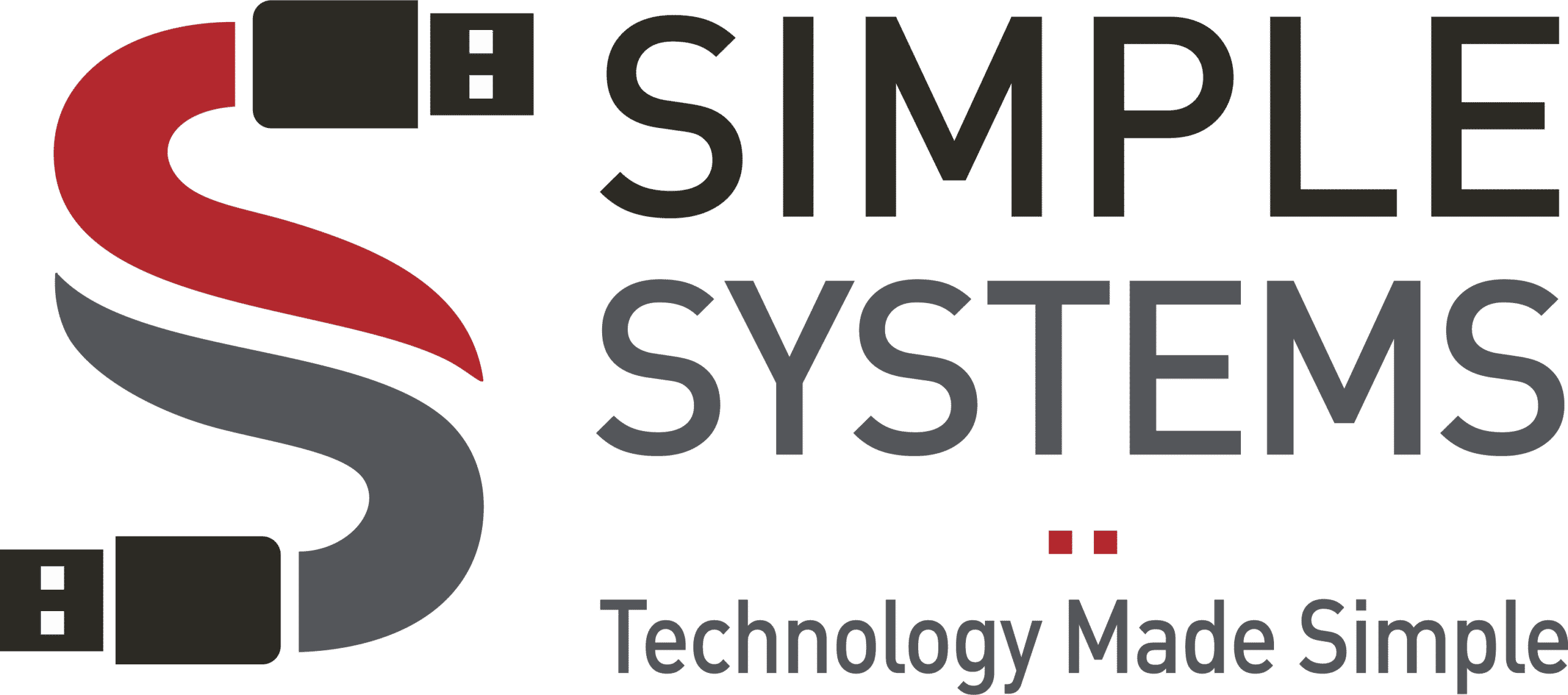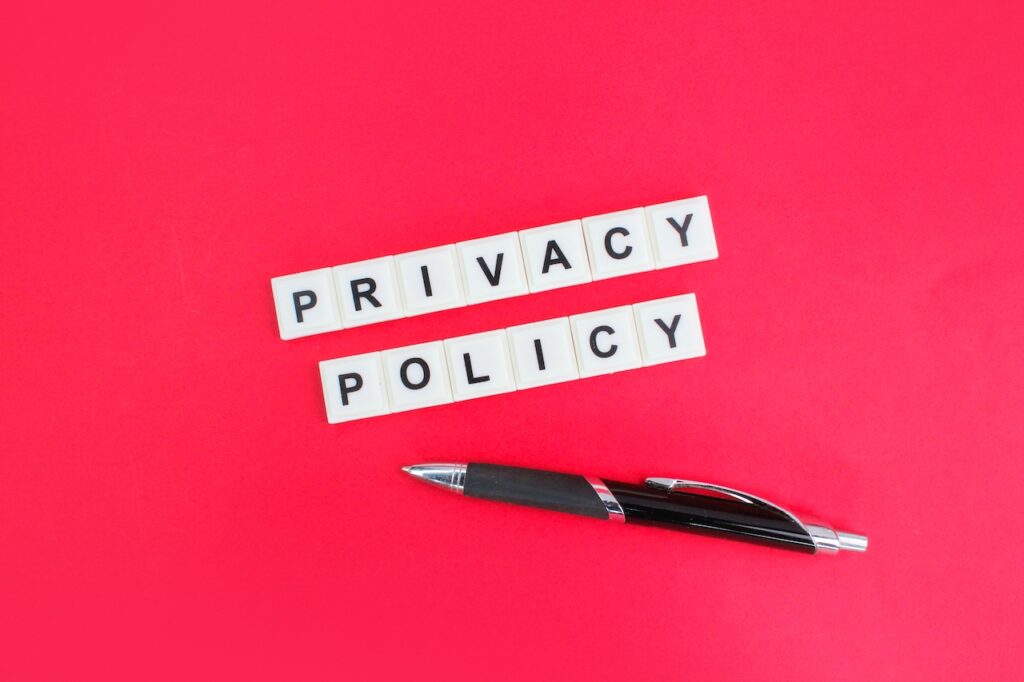As more organizations move their services online, the information of their customers and employees becomes more vulnerable to data breaches. To ensure security and transparency, organizations and government entities all over the world have created laws and regulations surrounding data protection. Without it, cybercriminals would have a field day accessing and exploiting sensitive data.
Because regulations vary in scope and application, it can be difficult to stay compliant. To help you make sense of these data compliance regulations, here are the top 5 that you should know about:
1. The General Data Protection Regulation (GDPR)
As a game changer in data privacy, the EU introduced GDPR to protect and empower all EU citizens’ data privacy. It applies to any organization collecting or processing people’s personal information within the European Union. This regulation outlines clear instructions on what organizations must do when it comes to handling, storing, and protecting the personal data of EU citizens.
2. California Privacy Rights Act (CPRA)
As the name implies, this regulation applies to businesses in California. Inspired by the GDPR, the CPRA. is a recent privacy regulation that offers increased protection for consumers’ data, such as the right to opt out of data sharing or access their personal information. Additionally, the CPRA also applies to any business with customers in California and those who collect more than $25 million in annual revenue.
But note that this does not apply to government or non-profit organizations—they are covered by the California Consumer Privacy Act (CCPA).
3. Health Insurance Portability and Accountability Act (HIPAA)
As a federal law passed in 1996, HIPAA sets standards for the privacy, security, and transmission of sensitive medical information. It’s the reason why your time in the waiting room is spent filling out lengthy paperwork. HIPAA protects your information (more specially your PHI) and applies to two types of organizations:
- Covered Entities (CEs) – healthcare providers, pharmacies, and health plans
- Business Associates (BAs) – companies that service the CEs
4. Payment Card Industry Data Security Standard (PCI DSS)
Any business that accepts credit and debit card payments is at risk of fraud and data breaches without PCI DSS. This regulation applies to all organizations that process, store, or transmit cardholder data so that your card swipe doesn’t have to put you in danger. And while this regulation is a global standard, each region has its own rules that must be followed for companies to remain compliant and keep everyone’s financial data secure.
5. Privacy & Electronic Communications Regulations (PECR)
Phishing scams are a huge problem in the digital world with an average of 3.4 billion phishing emails sent out daily. That’s why PECR is imperative; PECR requires organizations to specify the information that should be included in every message to customers and to provide an opt-out mechanism. But it doesn’t apply to just anyone—PCER applies to any business or individual who sends commercial emails, texts, or other electronic communication.
How Simple Systems Can Simplify Your Compliance
At Simple Systems, we understand that staying compliant with data compliance regulations can be challenging. That’s why we offer a range of compliance services to help organizations meet their data privacy and security requirements.
From robust vulnerability scanning solutions to cloud-based archiving tools, our team of experts will work with you every step to ensure your organization meets all applicable regulations. Contact us today to experience how we can simplify your data compliance regulations.


